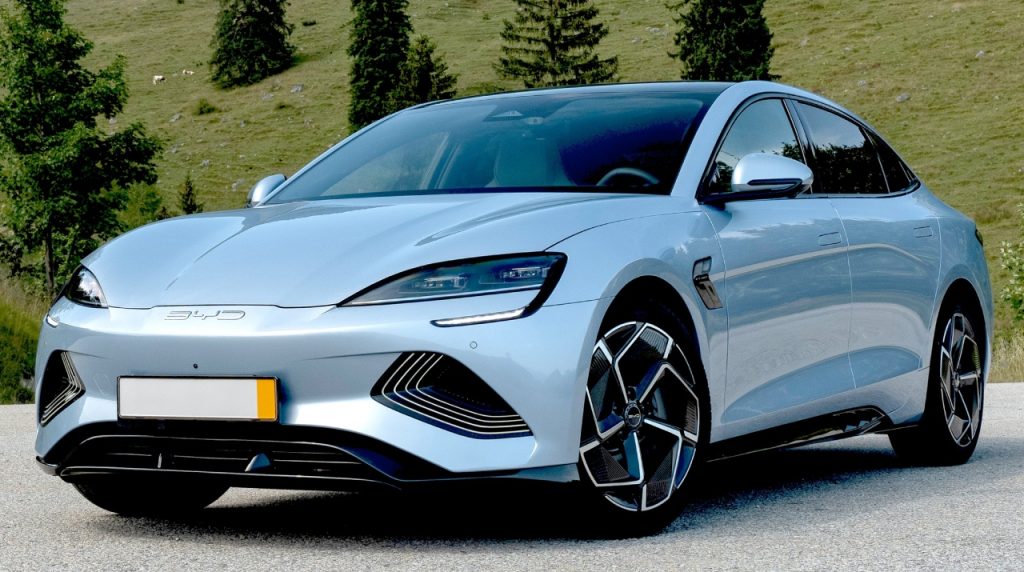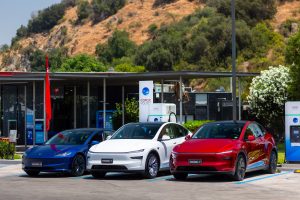
Chinese Commerce Minister to Travel to Europe to Ease Tensions over Electric Vehicle Tariffs

The Chinese Minister of Commerce, Wang Wentao, will travel to Europe soon to discuss the tariffs imposed by the European Union on electric vehicles from this country after the investigation carried out on account of Beijing’s subsidies to its industry.
According to the EFE news agency, portfolio spokesman He Yongqian told a press conference that Wang will meet with Valdis Dombrovskis, Executive Vice President of the European Commission and Trade Commissioner, to discuss the issue.
“Information about the visit and the progress of the negotiations will be released in due course,” the spokesman said.
You may also read: Study: European Union Works to Reduce Impact on Battery Manufacturing in Relation to China
Spain’s Position
The announcement of Wang’s trip comes on the heels of Spanish Prime Minister Pedro Sanchez’s visit to China, where one of the central issues was the trade tension between Beijing and Brussels.

Sanchez called on the European Union to reconsider its position, stressing that “there is no need for a trade war” and advocated finding a “middle ground” between the EU and China to resolve frictions.
For her part, China’s Foreign Ministry spokeswoman, Mao Ning, appreciated the pronouncement of the head of the Spanish government and urged the EU to engage in dialogue.
In particular, she asked Brussels to be “flexible” and “sincere”, and to work with Beijing to find “a middle ground”, addressing economic frictions “through dialogue and consultation”.
China is demanding that the EU bloc back down and has raised trade pressure to avoid tariffs that Brussels has justified by the state subsidies received by Chinese vehicle manufacturers.
Background
Last July, the European Commission proposed maximum tariffs of 37.6% on Chinese electric vehicles, but later adjusted them to 36.3%.
Chinese companies such as SAIC, BYD and Geely will be the main ones affected, with specific tariffs for each according to their level of cooperation in the investigation.
In response to the Brussels tariffs, Beijing opened an investigation into European pork that could particularly affect Spain, given that it is the main exporter of pork to China among all EU countries.





